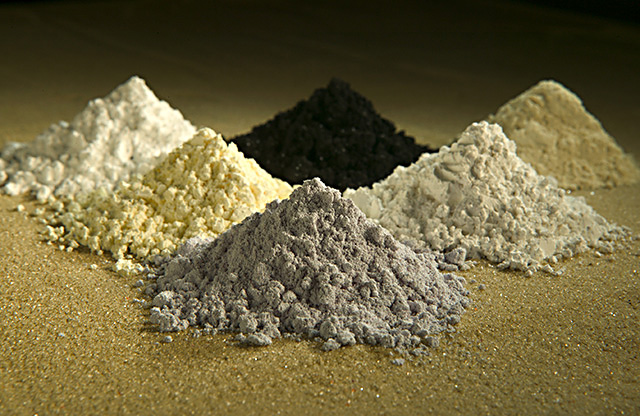WTO rules against China's rare earths stockpiling


China's rationing of rare earth minerals used in the production of high tech and renewable energy hardware has run afoul of World Trade Organization (WTO) rules. Beijing has time to comply with the ruling before a penalty is assessed.
The European Union, Mexico, and the United States brought a WTO case against China in 2009 on the basis that it was limiting its rare earth exports while reducing prices on the Chinese market. A ruling favoring the complainants was upheld yesterday.
China can be sanctioned if it doesn't abide by the ruling, which is equivalent to a legal judgment in the United States, said UCLA law professor Richard Steinberg. That process would take up to 18 months, but is an effective deterrent, he added. China joined the WTO in Nov. 2001.
"It was Chinese mercantilism at its best: a straightforward, illegal, aggressive effort to manipulate the global market for raw materials, and they lost appropriately," Steinberg said. China's handling of rare earth exports are indefensible and violate trade rules that date back to 1947, he explained.
Rare earth minerals are used to manufacture many staples of the modern world ranging from electronics, safer nuclear technology, hybrid cars, solar panels, and wind turbines to guided missiles. Rare earth prices have significantly impacted emerging energy markets.
Beijing is "cheating" to fulfill its desire to become the next OPEC (Organization of the Petroleum Exporting Countries), Steinberg said. "Rare earth batteries are the next generation storage of energy in automobiles." The solar market has also felt China's dominance over rare earths.
China holds 37 percent of the world's known reserves of the metals within its territory, and its capacity to process rare earths outpaces any other nation. China currently produces nearly 95 percent of rare earth metals sold worldwide. In comparison, the United States holds 13 percent of reserves; however, the U.S. Geological Survey suggests that the country sits upon a largely untapped stockpile of rare earths.
The Obama administration has sought to diversity globalize supply chains, and Congress crafted legislation to ramp up domestic production by offering federal loan guarantees to mining companies. The House of Representatives passed the Rare Earths and Critical Materials Revitalization Act of 2010 on Oct. 2011, and has met with some success at reopening shuttered mines.
In the interim, Chinese solar manufacturers have gained a competitive advantage in the solar market through lower materials costs. Materials represent the bulk of the cost of a photovoltaic module. U.S. manufactures have levied trade complaints alleging unfair competition from China.
"The U.S must be aggressive and vigilant in holding China's feet to the fire if it is to keep its market open to Chinese goods," Steinberg said. There is some indication that the U.S. is warming to this suggestion.
President Obama called out China's trade practices during his State of the Union speech last week, and promised greater federal oversight to protect U.S. manufacturers. Trade complaints against China have risen markedly during his administration.
WTO complaints against China have involved intellectual property, automobiles, and auto parts. China, like other leading economies, has been a party as a defendant in many cases, but has also been a plaintiff at times, said Stanford law professor Alan Sykes.
Related on SmartPlanet:
- China bans rare earth exports to U.S.
- Obama administration digs into China's rare earth monopoly
- Uncle Sam orders military to only buy American
- Politicians grapple over U.S's ability to compete in renewables
- U.S. solar manufacturers take aim against Chinese imports
- U.S. solar manufactures back cheap Chinese imports
- Trade complaints rife in renewable energy marketplace
- Why safe nuclear will rely on rare earth minerals
- Largest U.S. rare earths mine back open for business
This post was originally published on Smartplanet.com